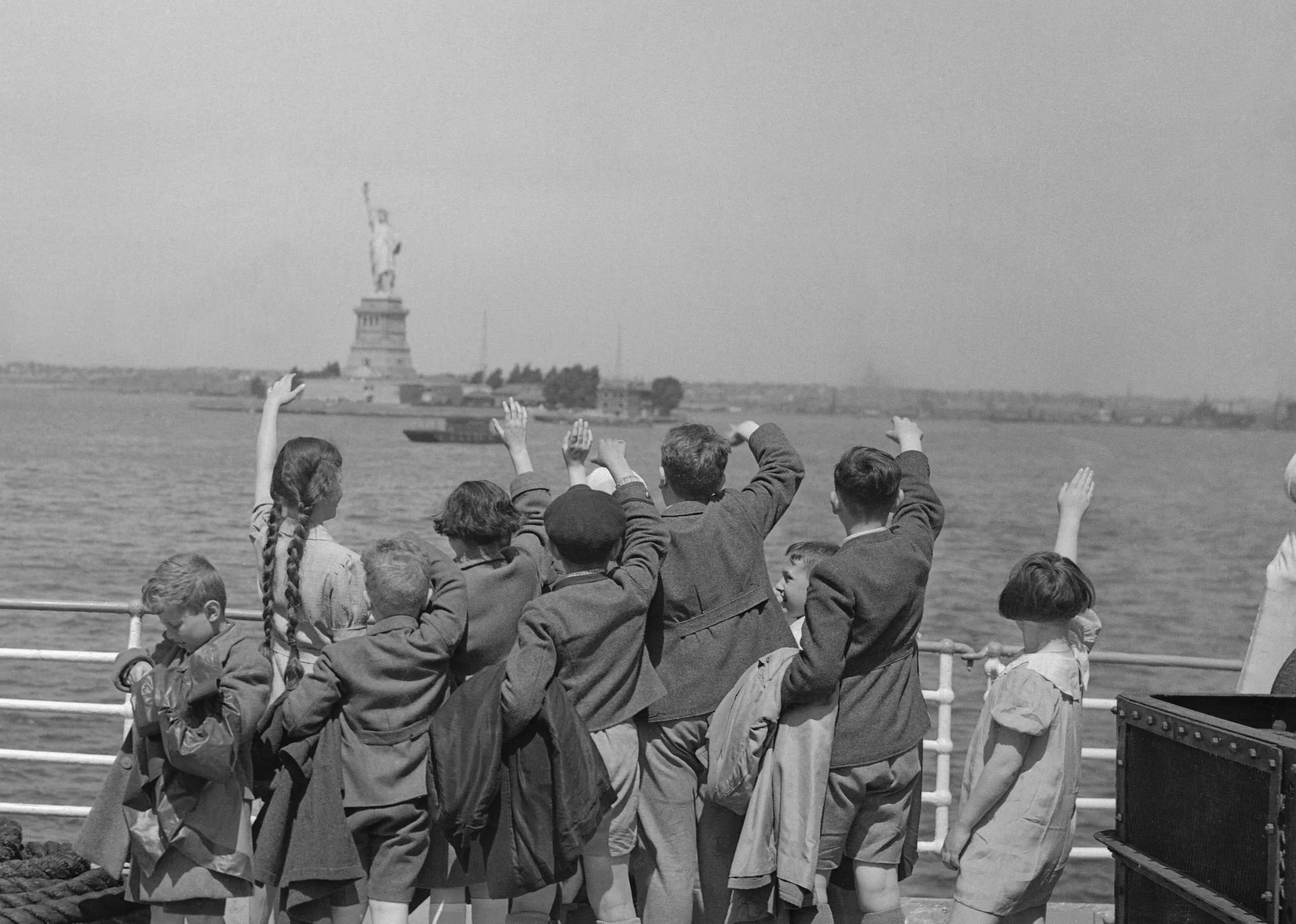Join us for an exploration into how artificial intelligence can be used by oral historians to present and analyze information.
Image Credit: Bettmann/Getty Images
About this event
When transcribed, a modestly-sized oral history project with 20 interviews might produce 270,000 words—almost five novels worth of text. But unlike novels, oral history interviews are not neatly structured into chapters but rather follow the idiosyncratic richness of human memory recall and storytelling. This quality is part of what makes oral history interviews so valuable, but it can also create significant barriers to information access and analysis.
Outside of oral history, other fields are approaching challenges related to unstructured human language using natural language processing (NLP). NLP is an AI field that deals with understanding and generating human language. Treating language as data can feel antithetical to oral history’s epistemological and ethical tenets—but does it have to be?
To explore this possibility, OHMA alum Chris Pandza set out to organize and analyze the Ellis Island Oral History archive, a collection with nearly 2,000 immigration-related interviews from various projects conducted since the 1970s. Applying AI to the archive, Pandza was able to approach key disciplinary questions at a scale never before possible. For example, how do interview topics relate to project design choices? In practice, how are interview agendas negotiated by interviewers and narrators? Do different interviewers produce measurably different interviews?
Through some practical examples, Pandza will demonstrate why and how oral historians might consider NLP and AI tools as part of their toolkit in this workshop series. This workshop is also part of Pandza’s thesis that received the 2023 Brodsky Award for ground breaking methodology.
Chris Pandza's oral history work focuses on using a variety of artificial intelligence tools to analyze, organize—and sometimes generate—oral histories. While an OHMA student, Chris produced Nobody’s Diary, a chatbot trained to emulate his daily audio diaries. For his thesis work, which won a Jeffrey H. Brodsky Oral History Award in 2023, Chris used several tools to organize and analyze the Ellis Island Oral History archive, a collection of nearly 2,000 narrations from immigrants and others whose lives intersected with Ellis Island. Chris graduated from OHMA in 2023 and now manages design at Incite. His research interests include immigration, environmental justice, aging, and memory.

